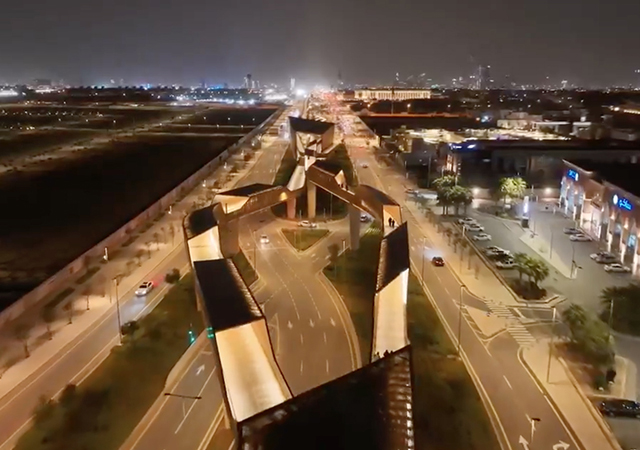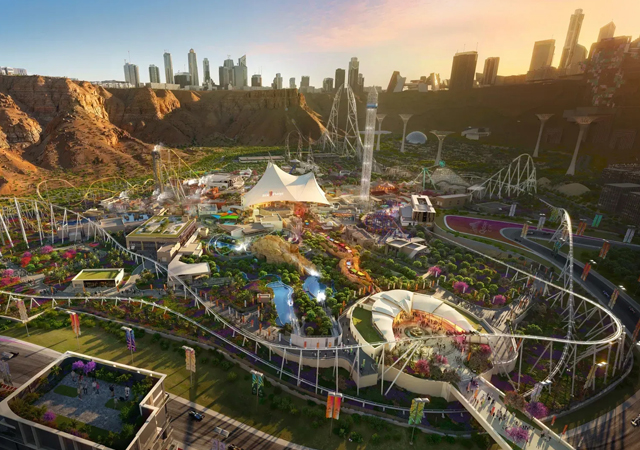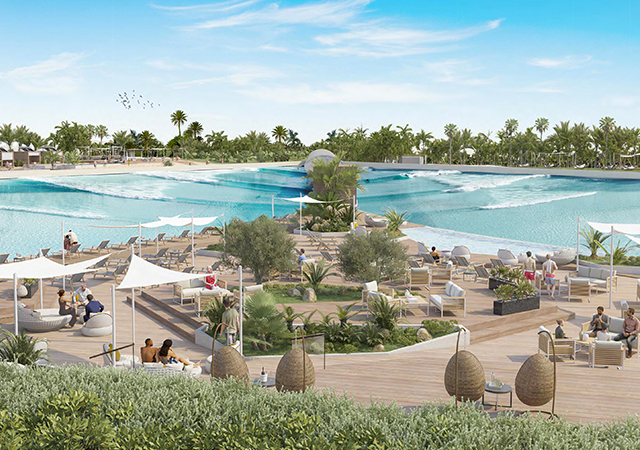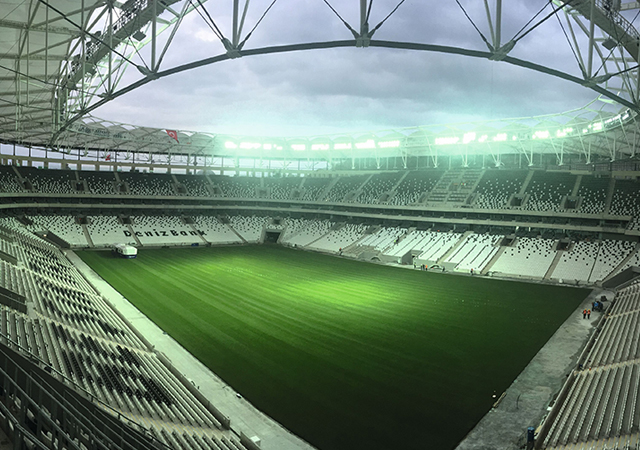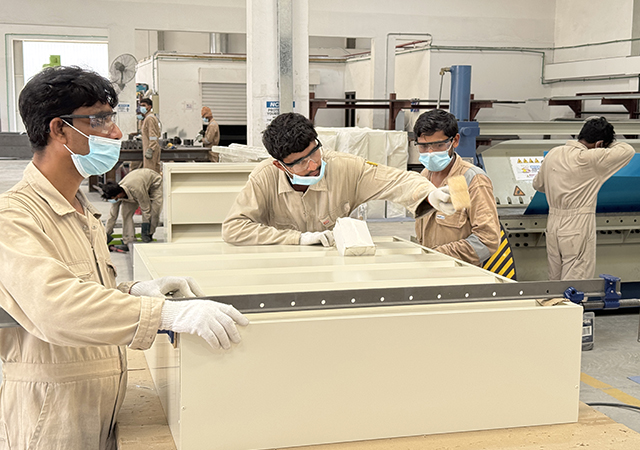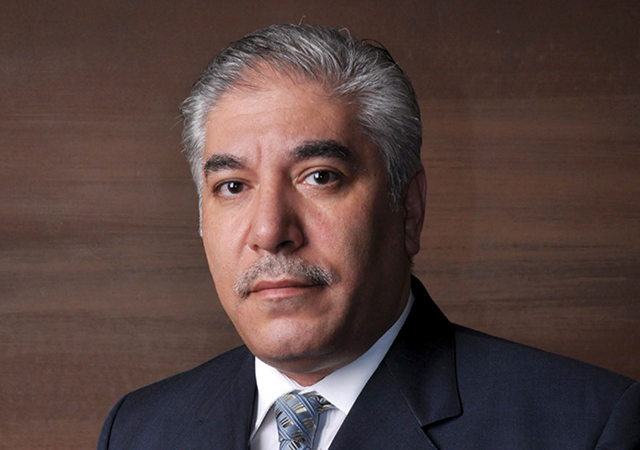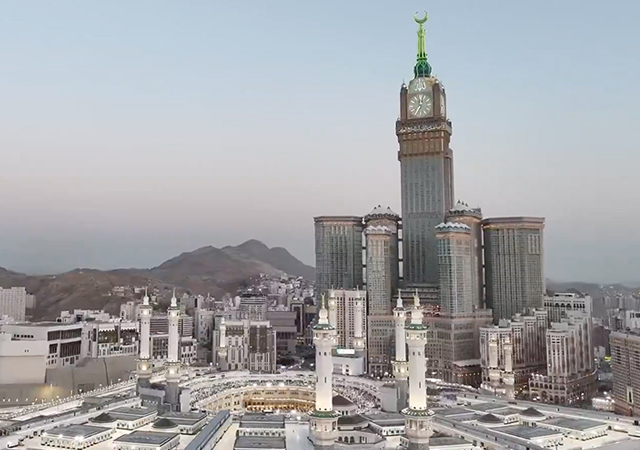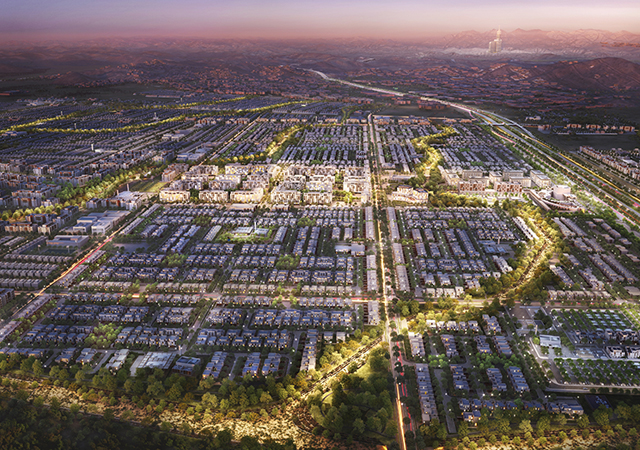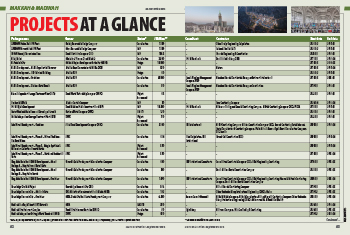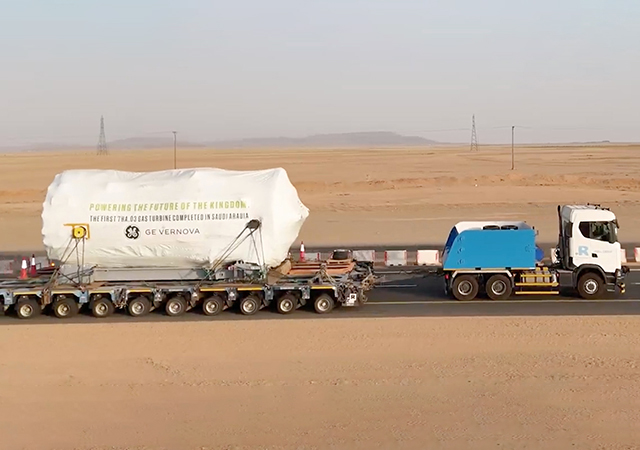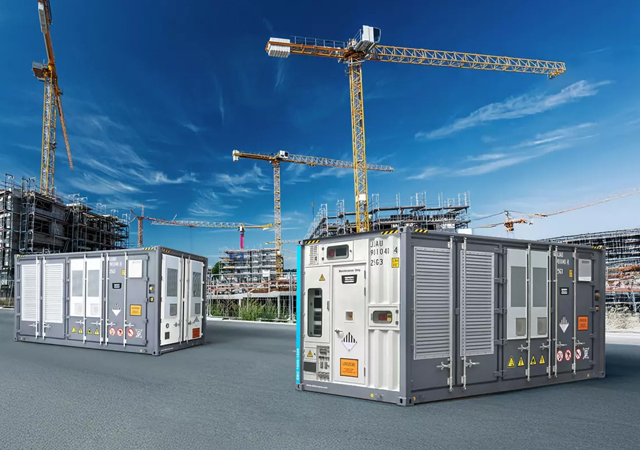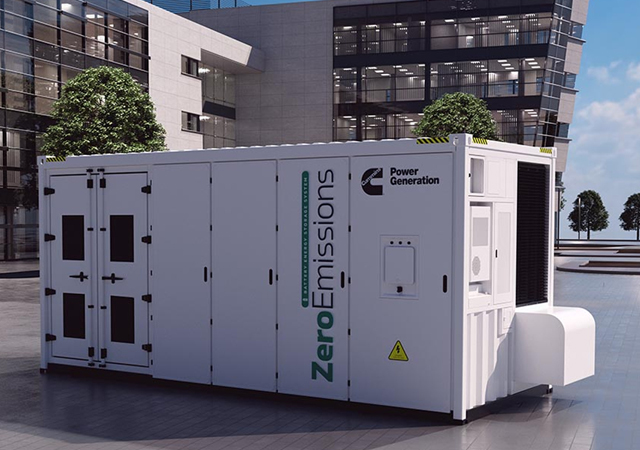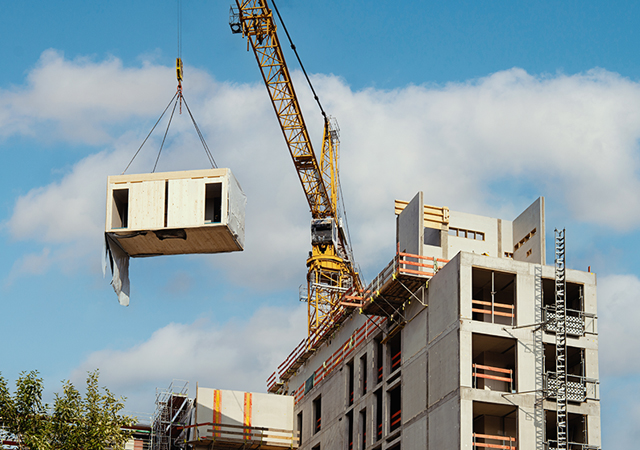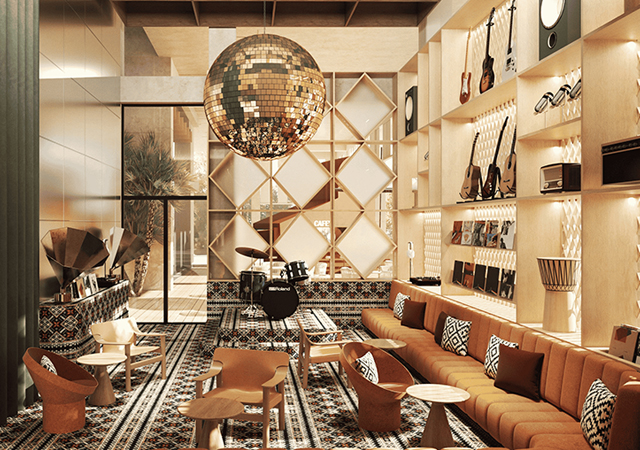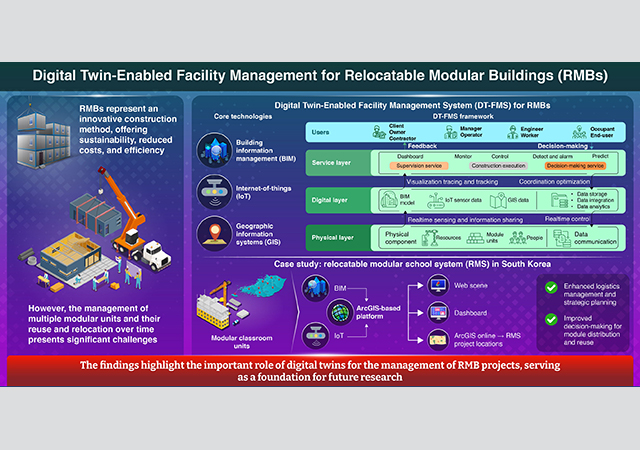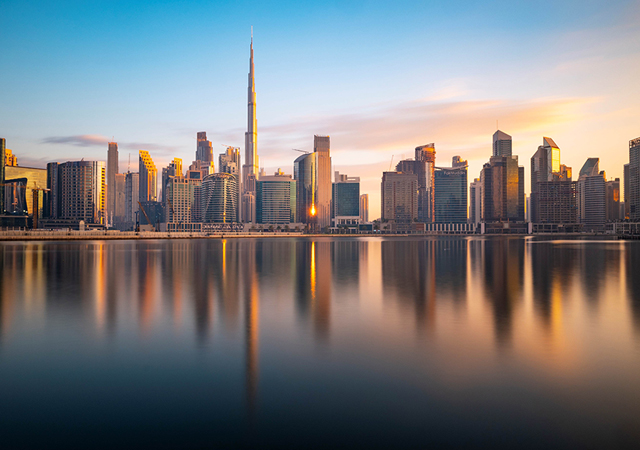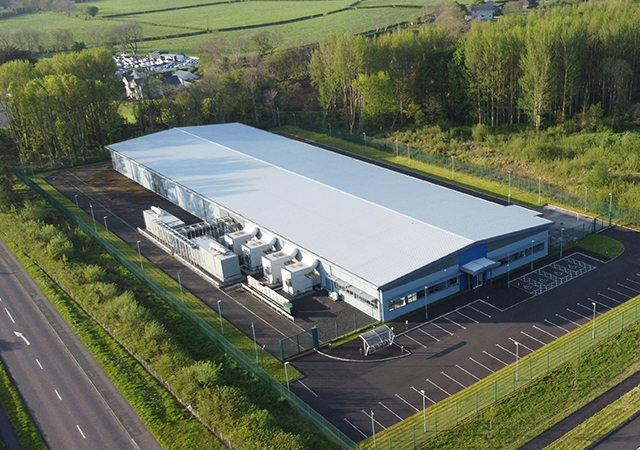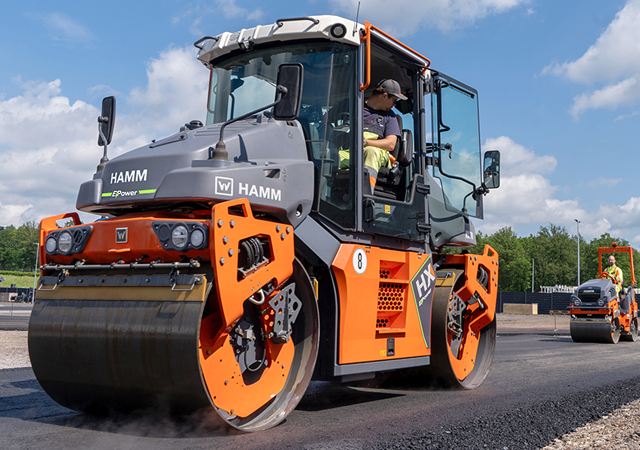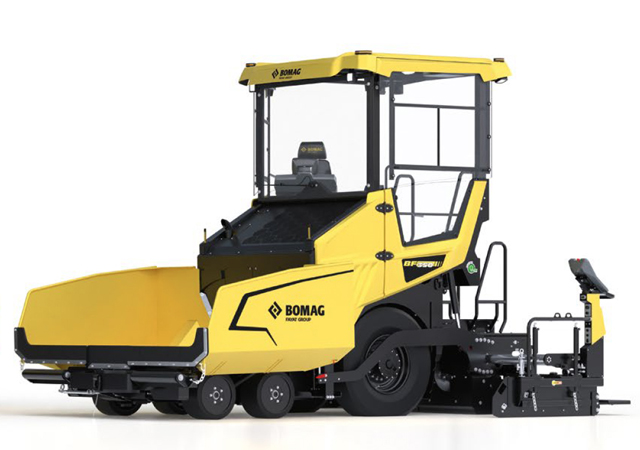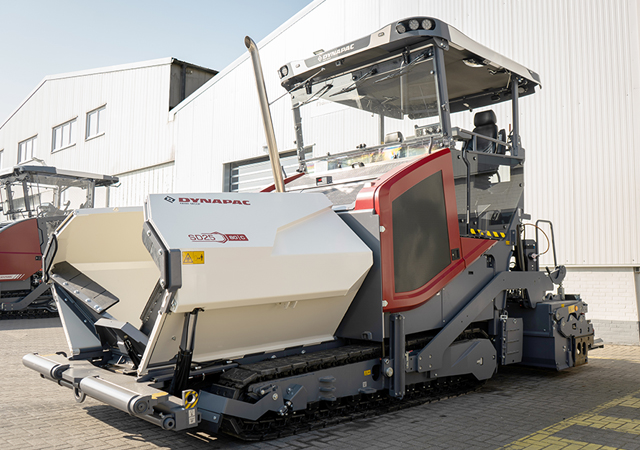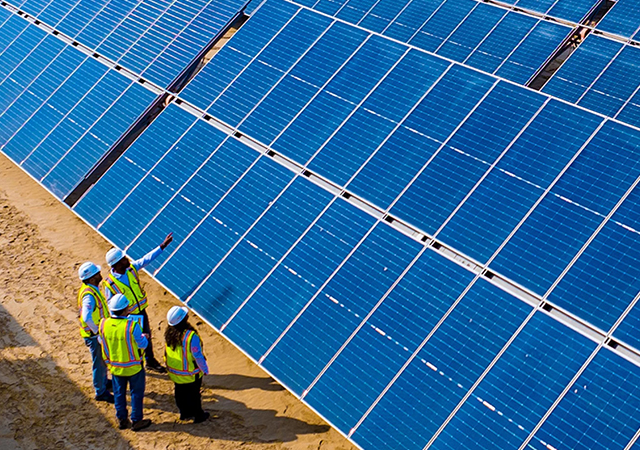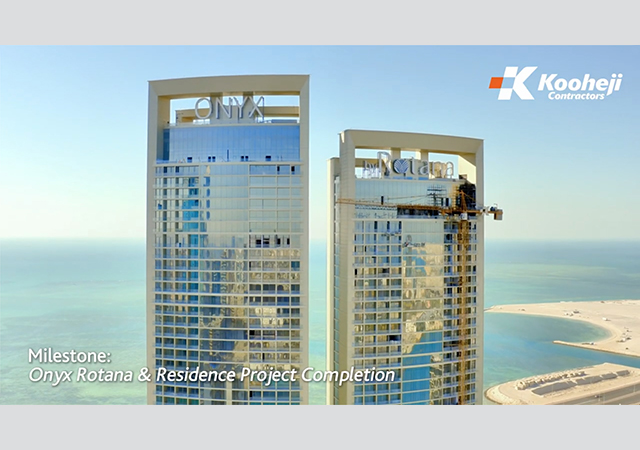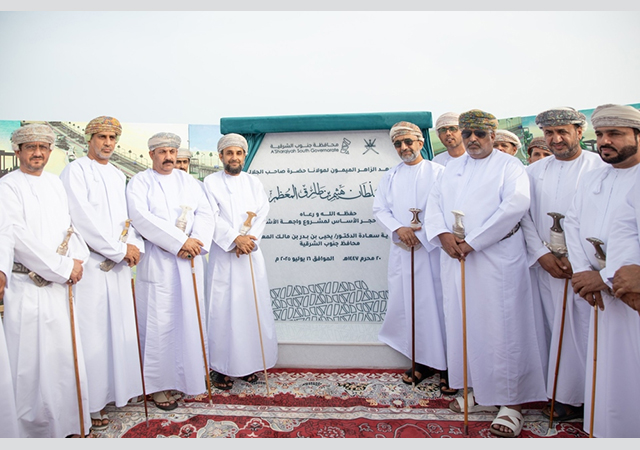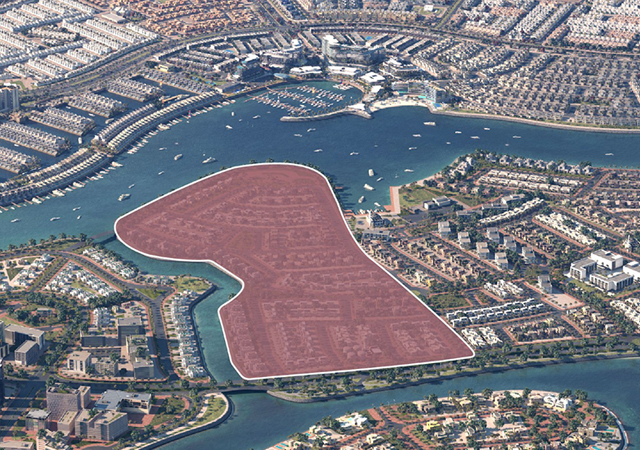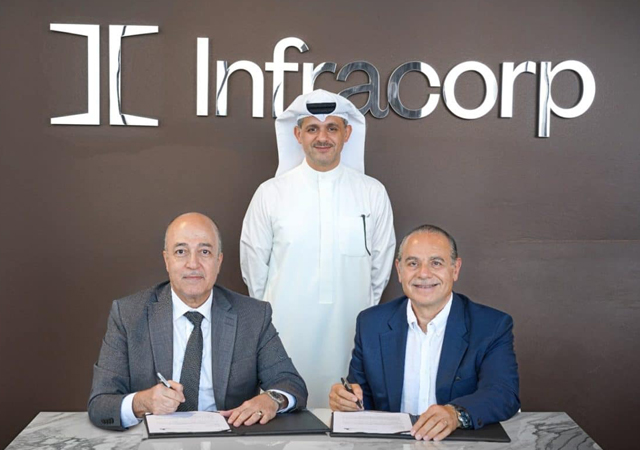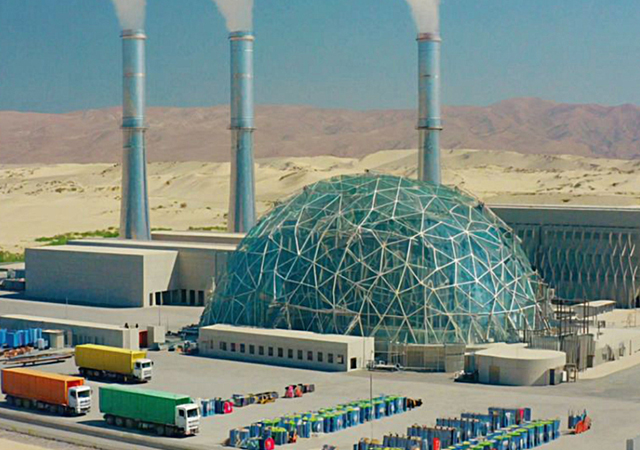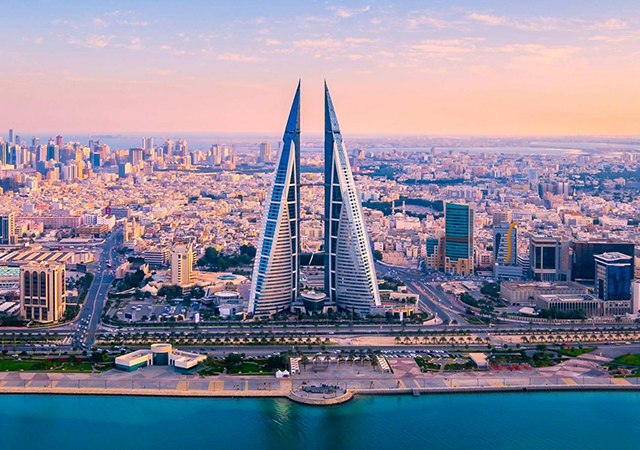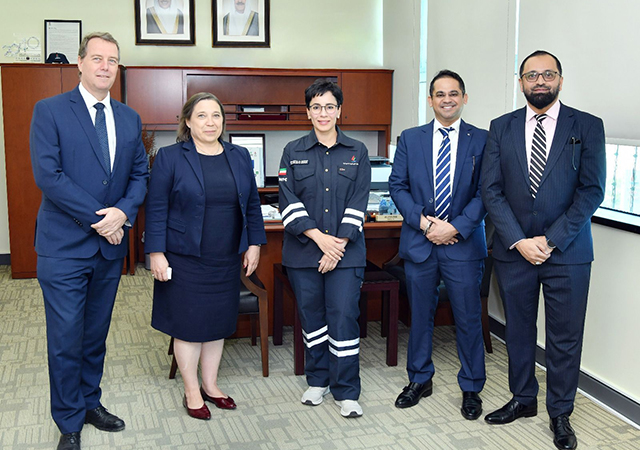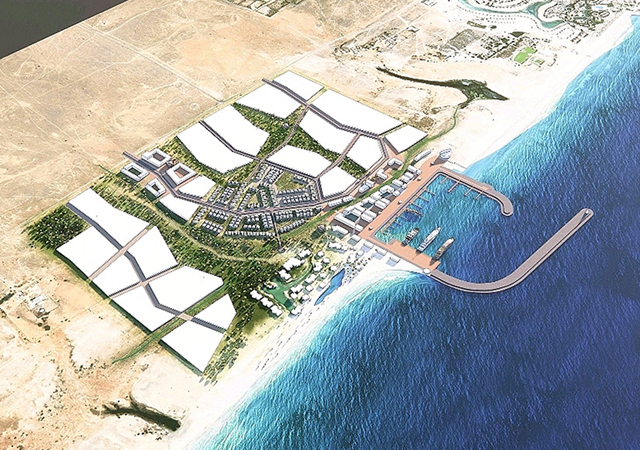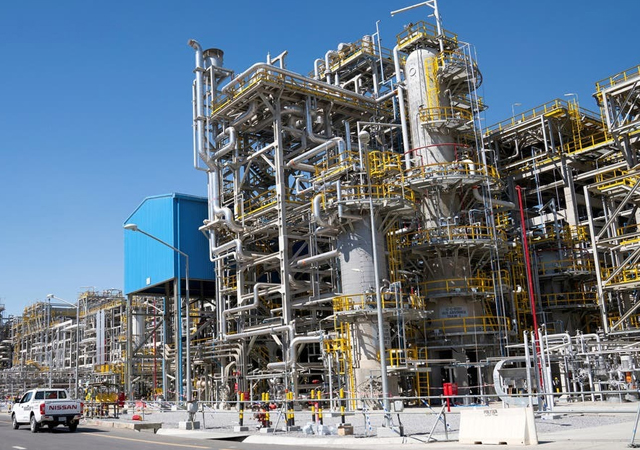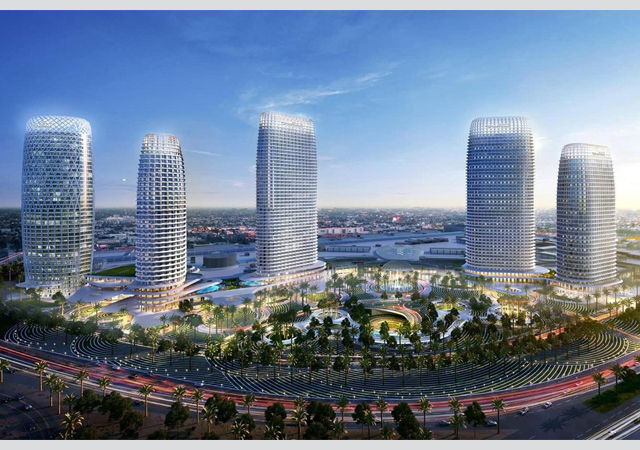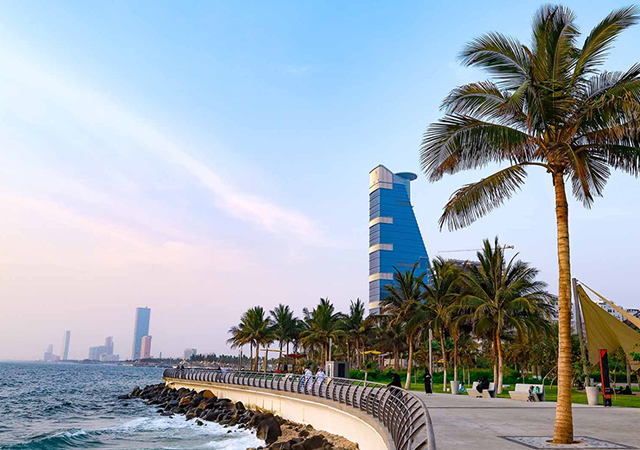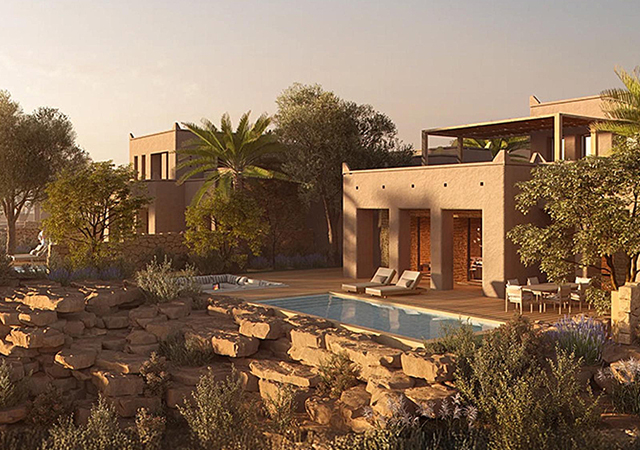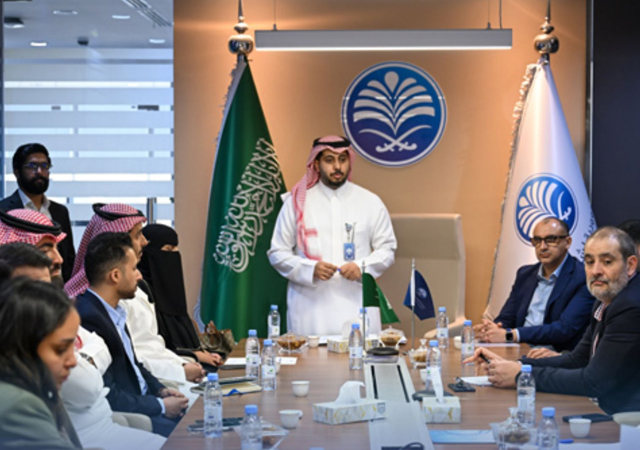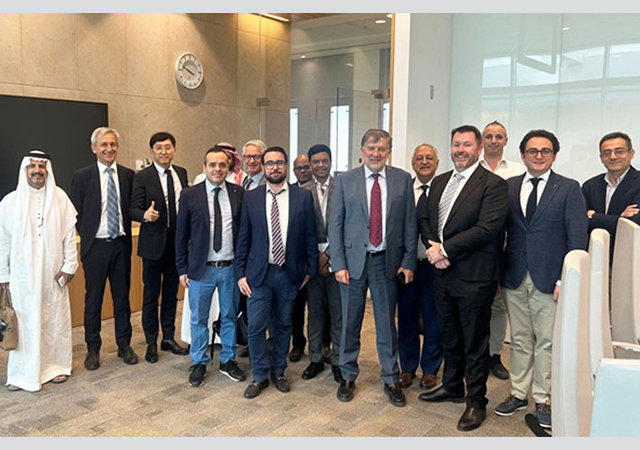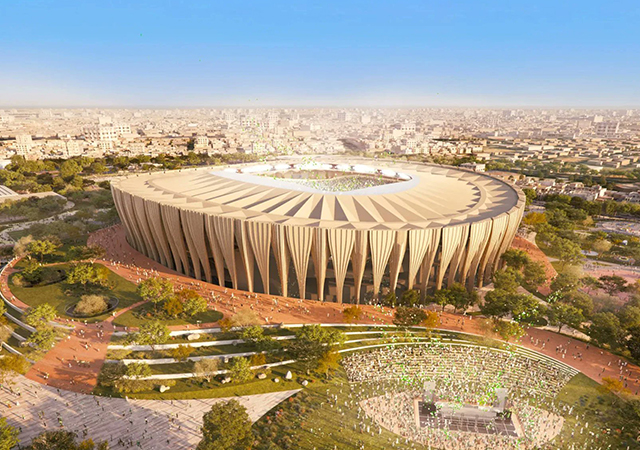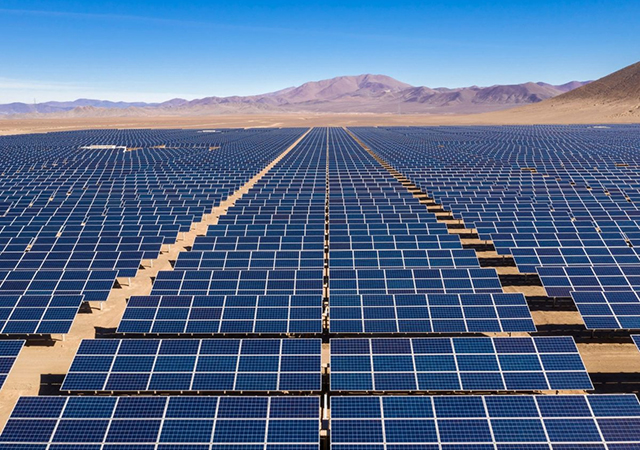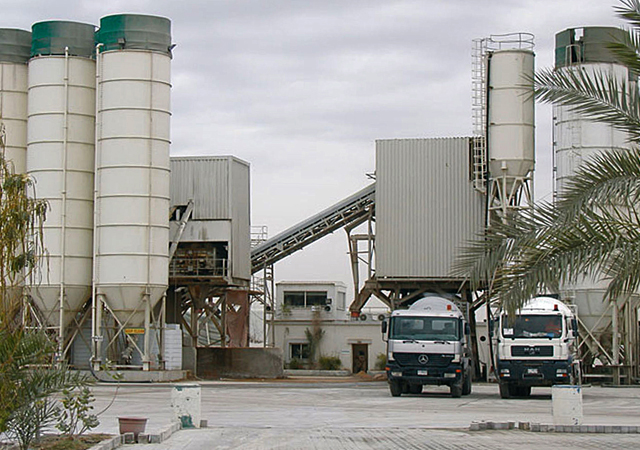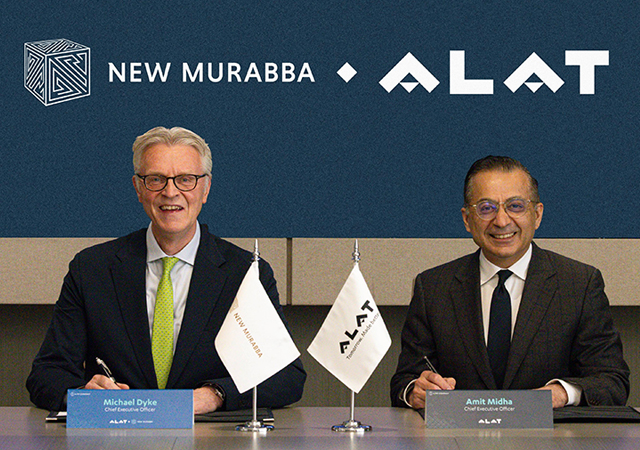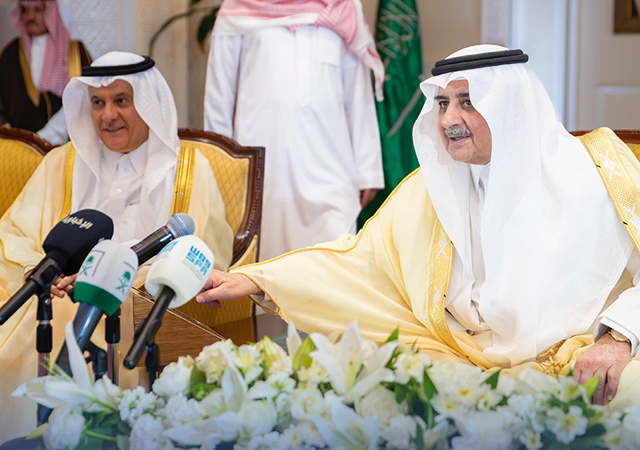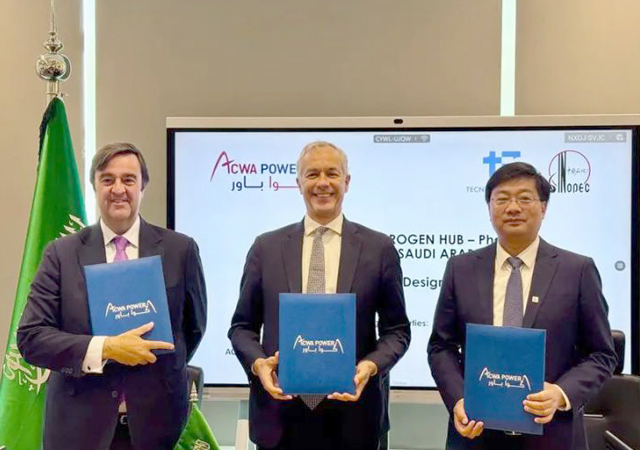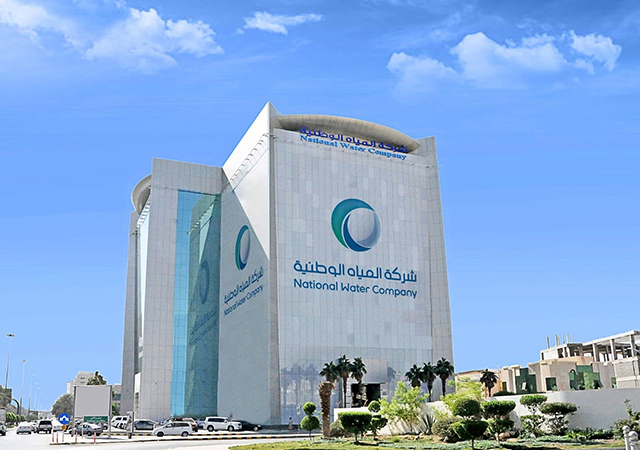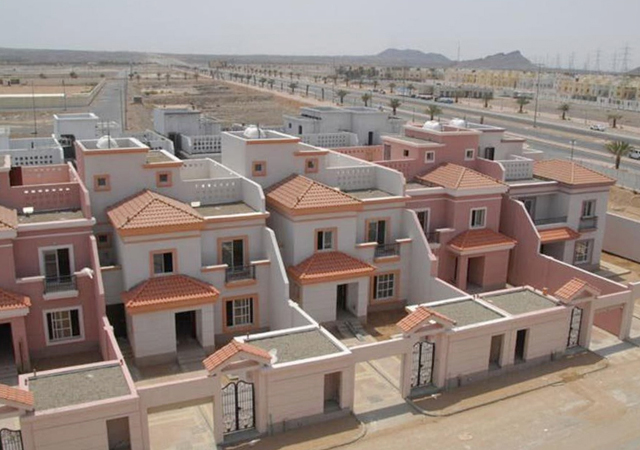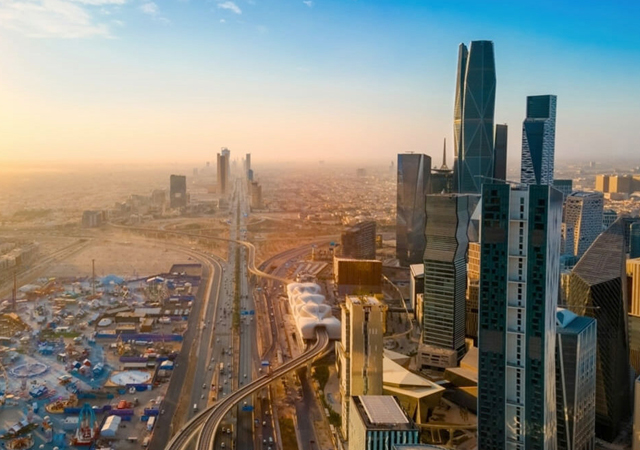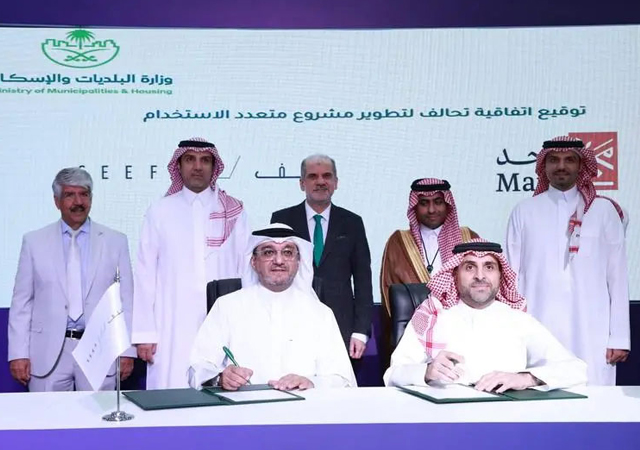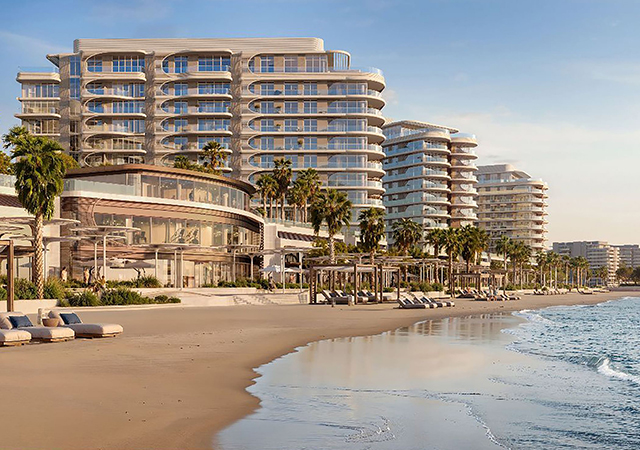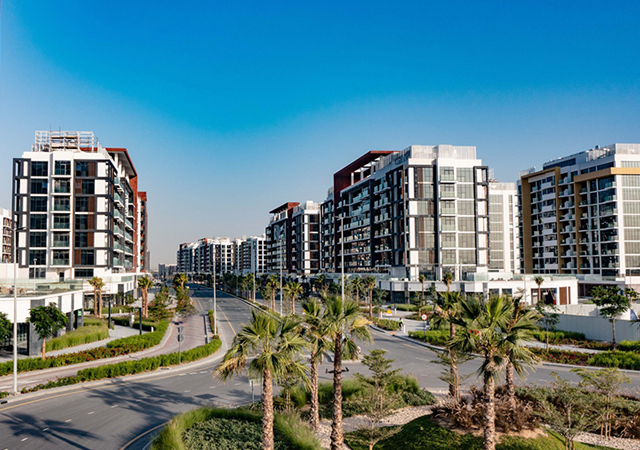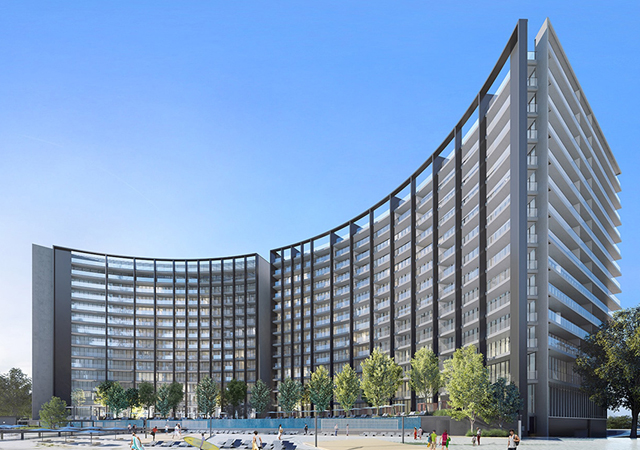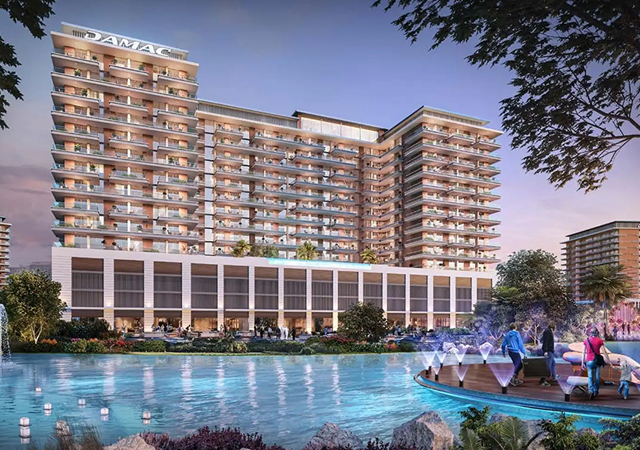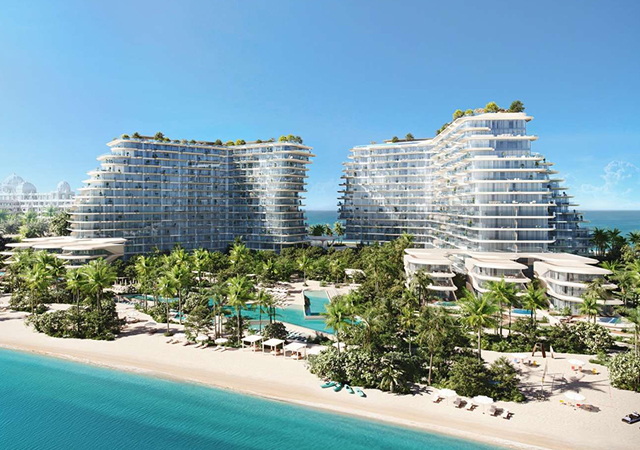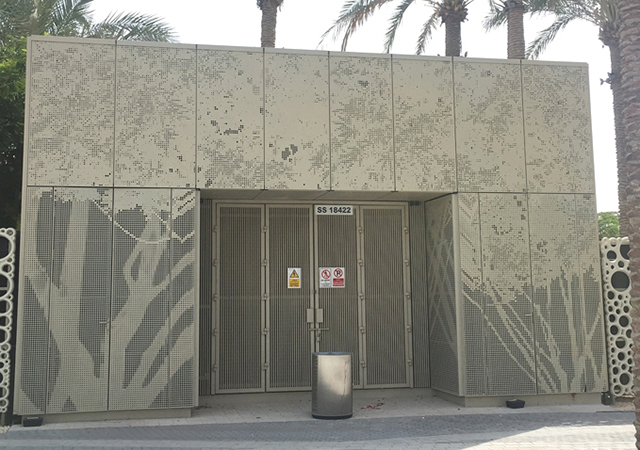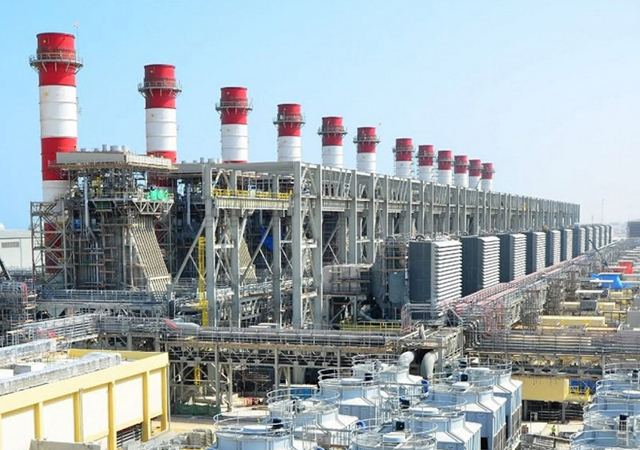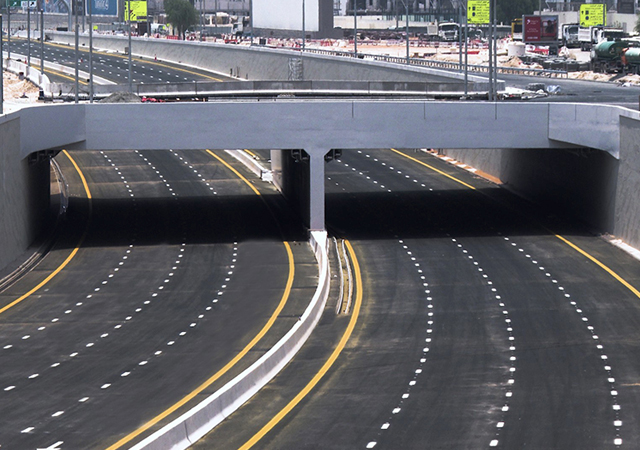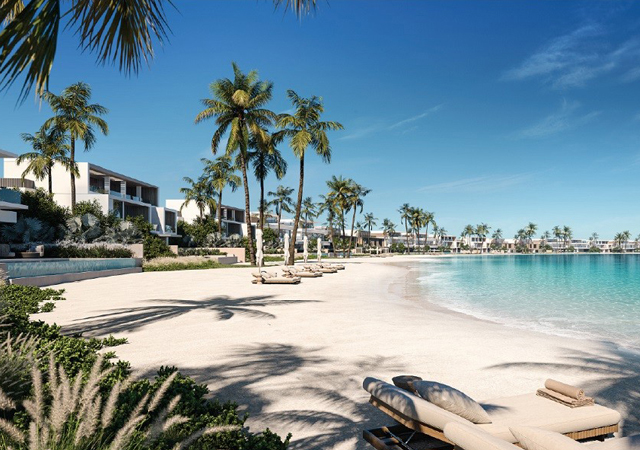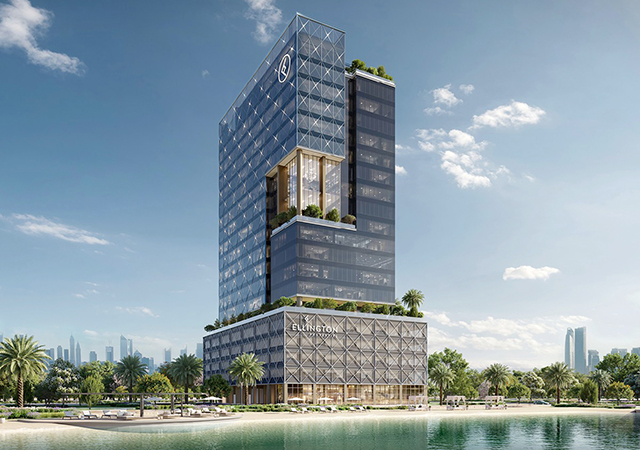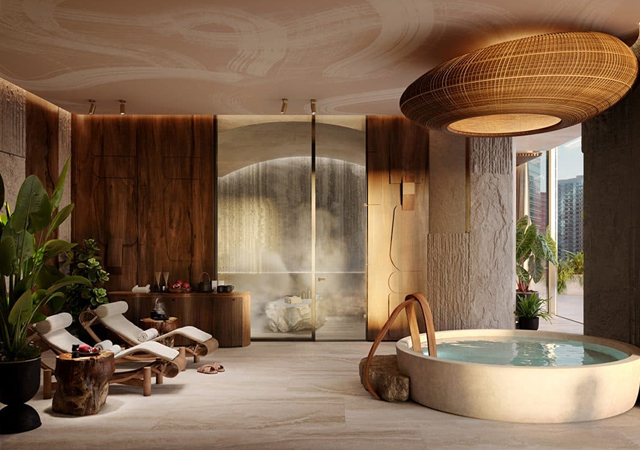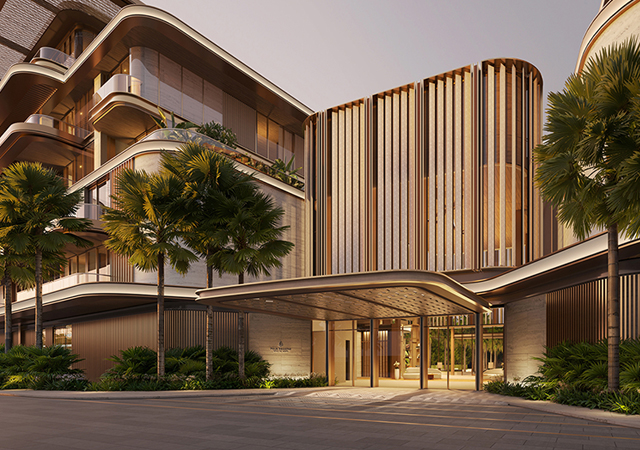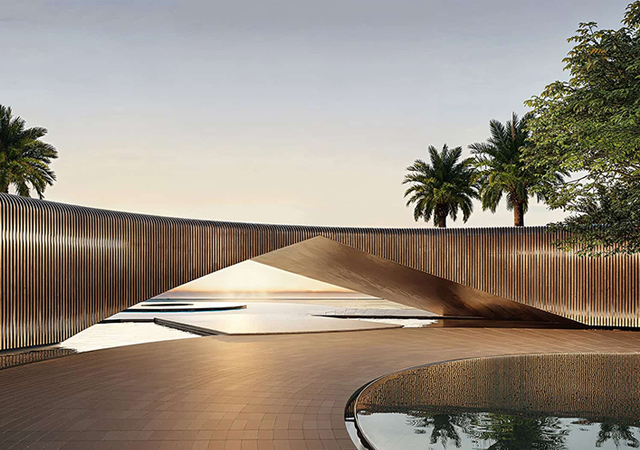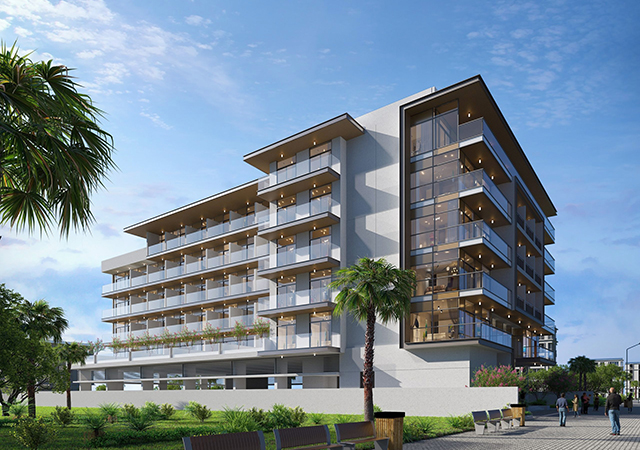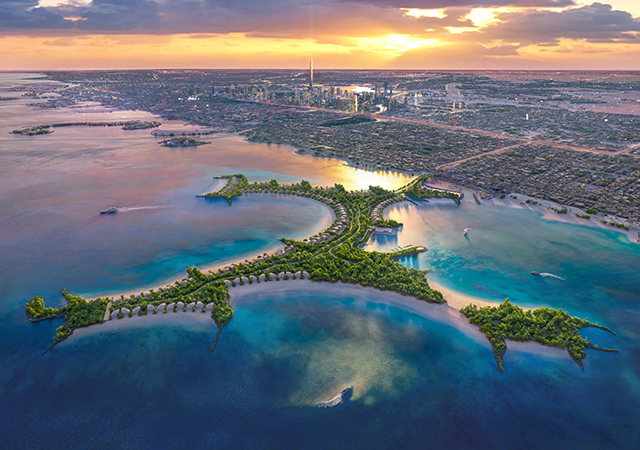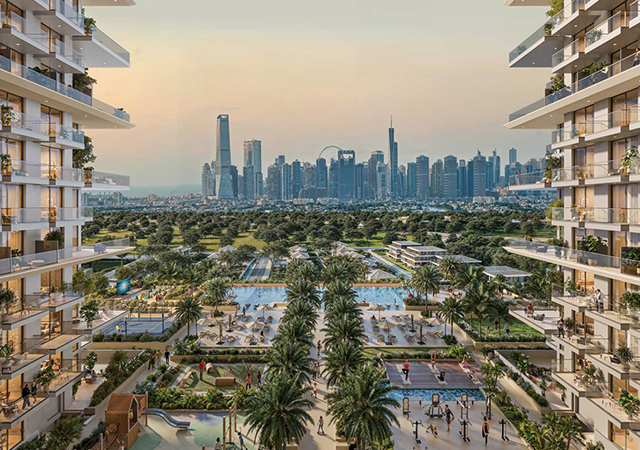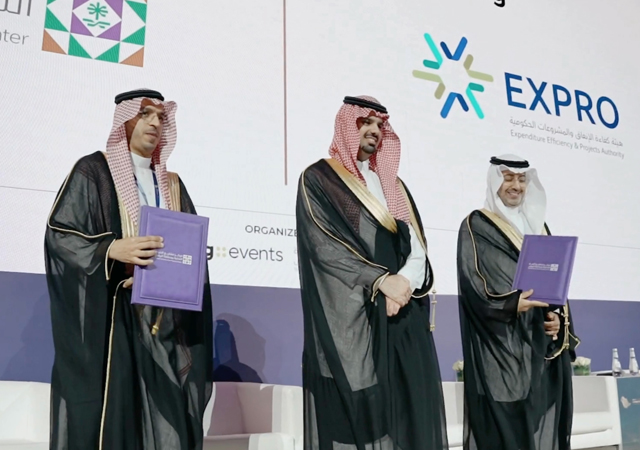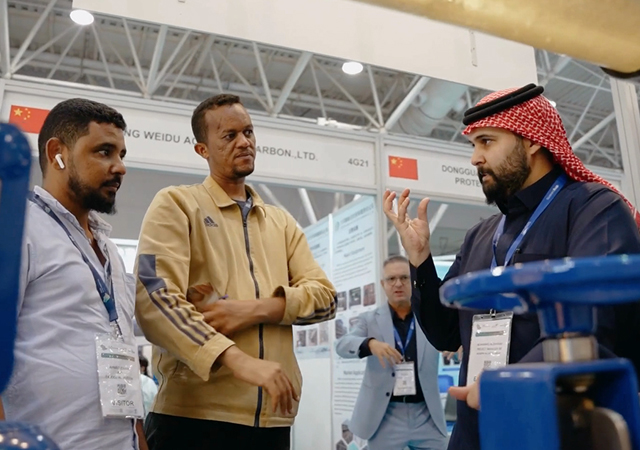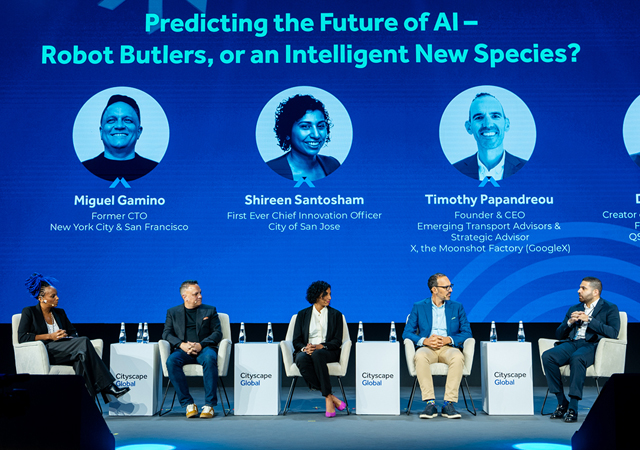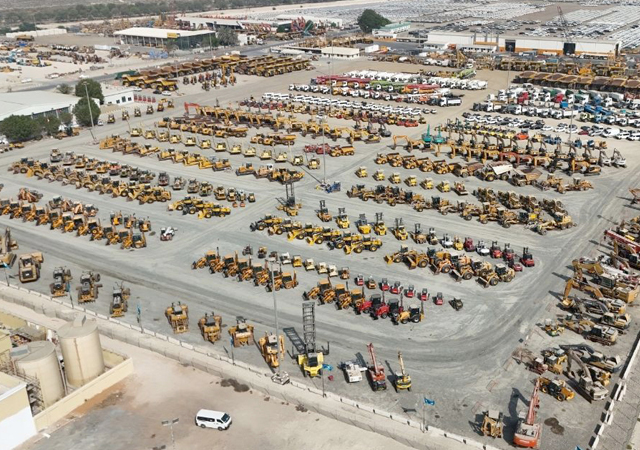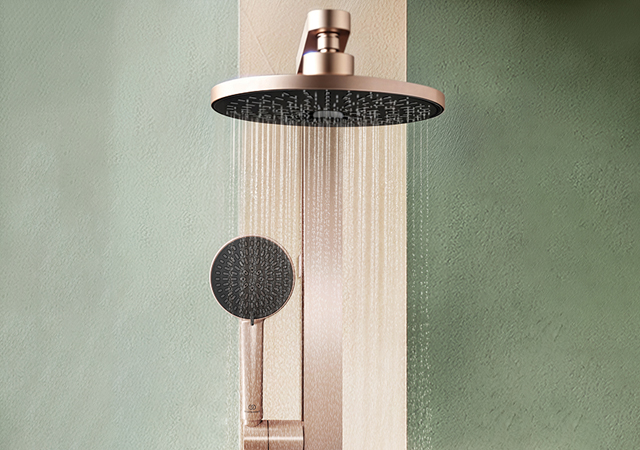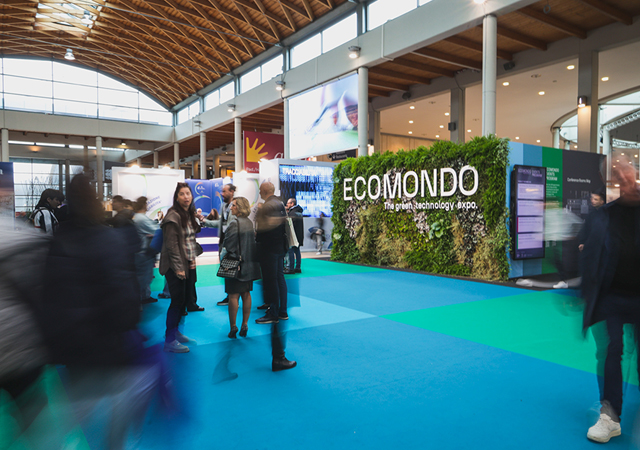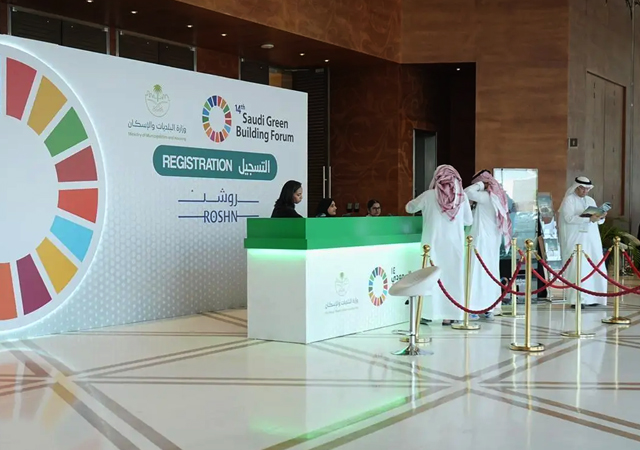

Working for Dubai Internet City Phase 1-B was an interesting and challenging experience, says the main contractor Transemirates Contracting.
"It was a fast-track job and we had to complete the project - which included infrastructure and landscaping - and hand over it to the client within eight months," says Ghassan Assaf, project manager with Dubai-based Transemirates Contracting, one of the leading construction companies in the UAE.
Elaborating on the development, he says: "Work on the project started in January 2001 and we had to hand it over in two phases - the Microsoft building was scheduled for handover on August 15 and the IBM and Cannon buildings on August 31.
"We completed the Microsoft building 15 days ahead to schedule, as they wanted to start their interior jobs and finish the project by August 31."
Phase 1-B comprises three ground-plus-three-storey buildings which are fully equipped with the best infrastructure available and IP telephony systems which are among the world's largest and most complex, Assaf says. From the security point of view, the buildings are well-equipped with CCTVS (close-circuit televisions), sophisticated access control systems and fire detection and fighting systems.
"The architectural layout of the site is beautiful," he adds.
The company's scope of work included construction, completion and maintenance of all the three buildings, complete with all infrastructure, air-conditioning, cabling, security systems and landscaping. The company worked along with different consultants on this project.
Commenting about the challenges of the project, he says: "It was very tough job because of the time limit set, we worked round the clock to achieve the target date which remained unchanged from day one. We had to meet the target - and had the commitment and the resources to achieve it.
"Transemirates used extraordinary resources for this project. There were 12 engineers from our side at the site whereas normally, for a project of this size, a maximum of six engineers are required.
"Also, the fleet of machinery involved for the project was larger than what is normally required. Each building had back-up machinery. For each building, we allocated two tower cranes and a mobile back-up crane.
"We also allocated double the manpower required for a project of this size to speed up the construction time. Two groups were allocated for each of the buildings, with each working 13 hours.
"Some 1,000 workers from our company were on site at the peak of construction.
There was one construction manager and three engineers for each building and one planner and project manager to co-ordinate the whole project."
In order to accomplish faster construction, post-tensioned slabs were designed by the consultants.
Another major difficult aspect of the project was access and mobility, which was limited as landscaping and road construction works were going on simultaneously with construction works.
"From a construction point of view, completing the project was a miracle as the area, once a barren desert was, within a short span of eight months, transformed into a hi-tech business environment for the world's leading companies," Assaf says. "It was a once-in-a-lifetime experience and we are proud to be associated with this project which was one of the most important projects for the UAE in 2001.
Transemirates, established in the UAE over 25 years ago, has been associated with many prestigious projects.
"As a company policy, we involve ourselves only with landmark projects," he adds.
Some of its other prestigious projects in Dubai are the Warba Centre, and the Mercato Center besides several towers on Sheikh Zayed Road, as well as the Crystal Plaza in Sharjah.
The company also has a branch office in Al Ain and has also undertaken projects in Abu Dhabi, Al Ain and Sharjah, although Dubai is its main market.



